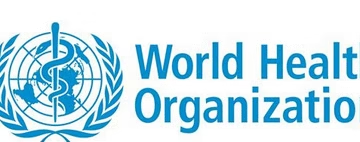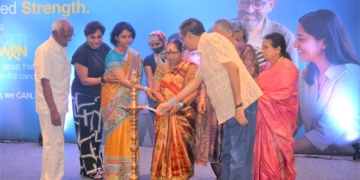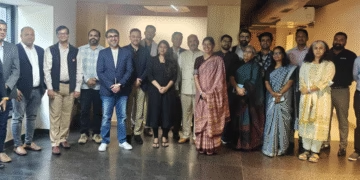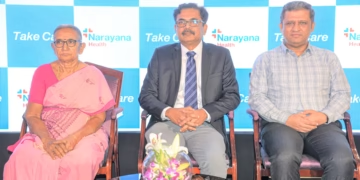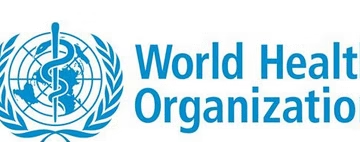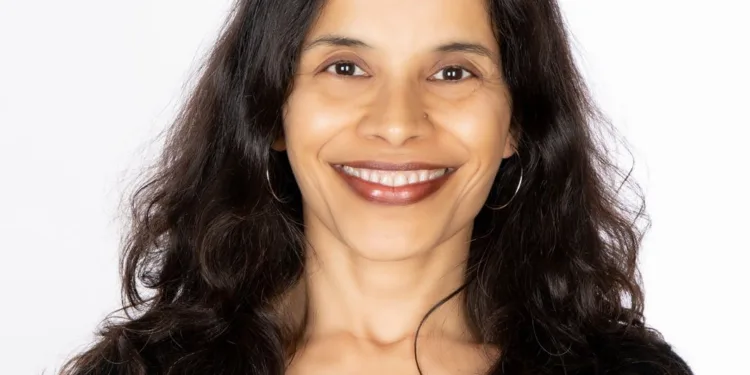Simple dietary changes can make a big difference in managing diseases like diabetes, cardiovascular diseases and hypertension.
Bengaluru, March 11, 2024: One out of every ten individuals is affected by diabetes in Karnataka and every third person has hypertension, according to a study conducted last year. These numbers stack up more unfavourably in a buzzing metropolis like Bengaluru.
Traditionally, genetics was considered one of the primary contributors to the risk factors. However, research increasingly shows that nutrition and lifestyle may be more important than genes. In fact, exercise and dietary changes have been shown to erase genetic predisposition for diabetes.
This is why early detection and proactive lifestyle interventions are crucial in mitigating the onset and severity of the disease. There is ample research evidence to show that a whole foods plant-based diet has the potential to prevent, manage, and even reverse diabetes.
In this light, US-based non-profit organisation, Physicians Committee for Responsible Medicine (PCRM) is working to spread awareness among people and physicians that diabetes should be managed first through nutrition and lifestyle. Medication, if needed, should be the second line of defence.
“Most commonly, diabetes is treated with pharmacological interventions, such as oral hypoglycaemic tablets and insulin therapy, as well as surgical options like bariatric surgery. However, lifestyle modifications, which are the cornerstone of diabetes management, are often not given the emphasis that they deserve,” says Dr. Vanita Rahman, an internal medicine and lifestyle medicine physician with PCRM.
“Type 2 diabetes is not a life sentence; it’s reversible. Recent interventional trials among Indians have demonstrated that a plant-based diet, combined with exercise and stress management, led to remission in 30% of participants within one year,” she added.
PCRM has also conducted several clinical studies globally and found that a plant-based diet controlled blood sugar three times more effectively than a traditional diabetes diet that limited calories and carbohydrates.
Dr. Rahman says that she has seen tremendous success with plant-based diets in diabetes patients in her clinical practice. “I know that food is personal and cultural, and it’s part of our identity. So, making a drastic change may not be easy. But the alarming rate at which we are seeing a rise in lifestyle diseases is also a reality of our times. There is scientific evidence that these dietary and lifestyle changes can help.”
She believes that consistent community outreach and increasing awareness among physicians about the potential of using nutrition as a way of treatment is the way forward in tackling the rising non-communicable disease burden.says release


